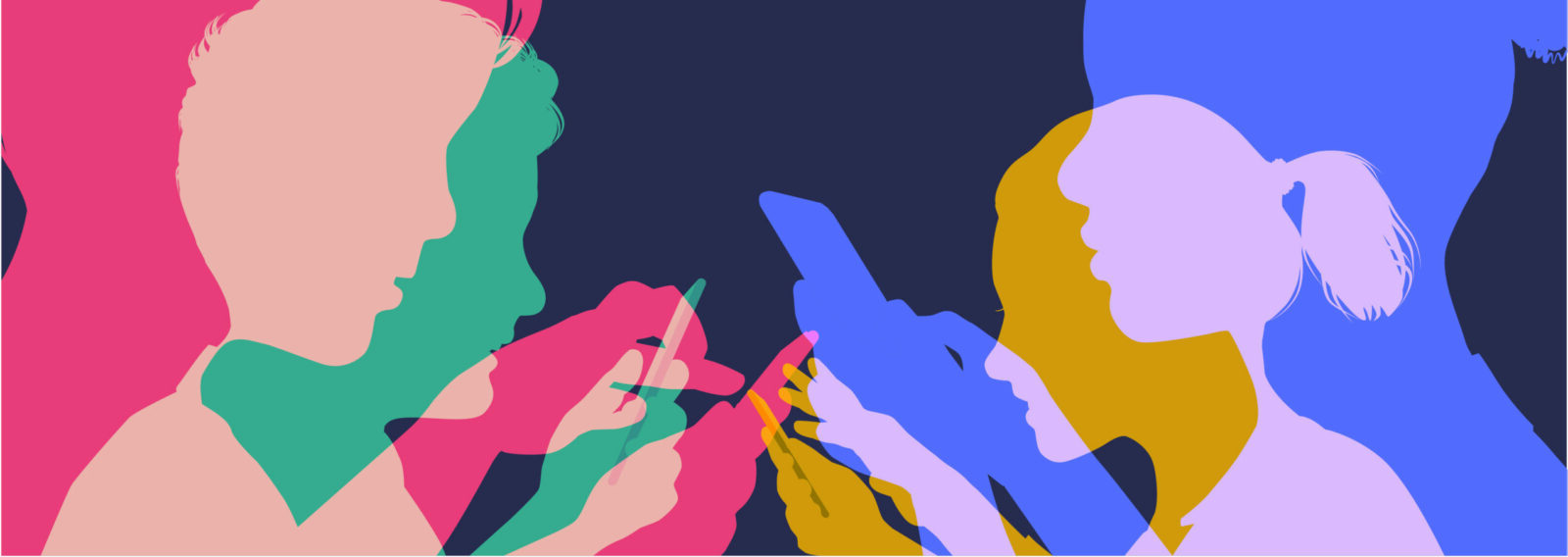Today’s children and youth cannot escape digital media in the media landscape in which they find themselves, in different contexts. However, the COVID19 pandemic revealed that there not all children and youth have equal opportunities to use digital media. There are not only differences in the accessibility of digital media, but also inequalities in motivation and/or skill strength to use them and/or lack of support from the environment (by, for example, parents, teachers or peers).
Understanding the mechanisms in children and youth’s digital media use, related to their development, helps them and their key figures to reduce inequality. A better understanding of these mechanisms is especially important during transition periods (for example from kindergarten to primary education or in the first years of secondary education). During these transition periods, deviations in the development have a strong influence on (equal) opportunities for children and youth.
Our goal is to help researchers, parents, profesionals and children & youth (C&Y) understand which mechanisms influence the relation between C&Y’s digital media use, their development and their opportunities. Furthermore, we want to identify and develop skills and tools that have a positive impact on C&Y’s digital media use, their development and that foster equal opportunities.
During the research on the impact of digital media on the development and equity of opportunity, we take into consideration the full cross-section of the media landscape. The main research instrument is a longitudinal study on cognitive, social and identity development levels. This study is supplemented with experimental or ESM-studies to further discover the influence of digital media on children and youth’s daily lives and to investigate which role key figures, background and individual predisposition play in their development. The aim? Developing interventions and tools for practice.
JEDi is a “NWA-project” wherein research is carried out to provide insights into, in this case, the cogintive, social and identity development of children and youth. The project entails zeven work packages. Within three of the zeven work packages, research is carried out by a total of six PhD students and one Postdoc. The JEDi project unifies scientific partners and partners from practice.


